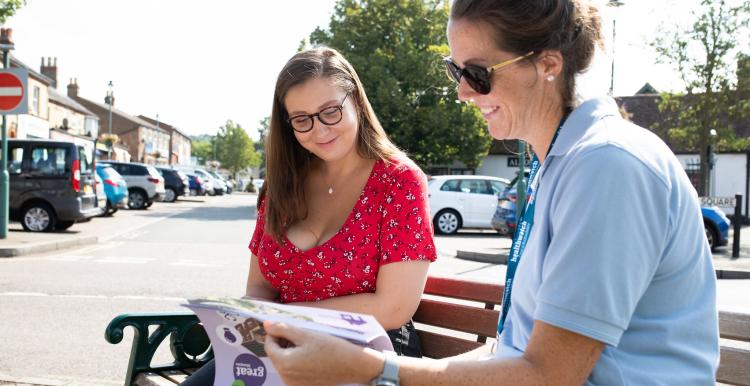Working with community researchers to achieve change for people
Resources to help you understand how you can use a community researcher approach to engage seldom-heard groups and conduct inclusive research.

Using community research
Some Healthwatch have successfully used a community researcher approach to engage seldom-heard groups and conduct inclusive research.
This document will help you understand this approach and provide guidance on how you could apply it.
It explores:
- When a community researcher approach might be appropriate and when it might not be
- Different models of using community researchers, using examples from Healthwatch Oxfordshire
- The five steps of conducting effective research using community researchers
- A list of resource considerations for community research.
At the end you’ll find a theory of change document on using community research.
Downloads
Guide to using community researchers
Community research theory of change
